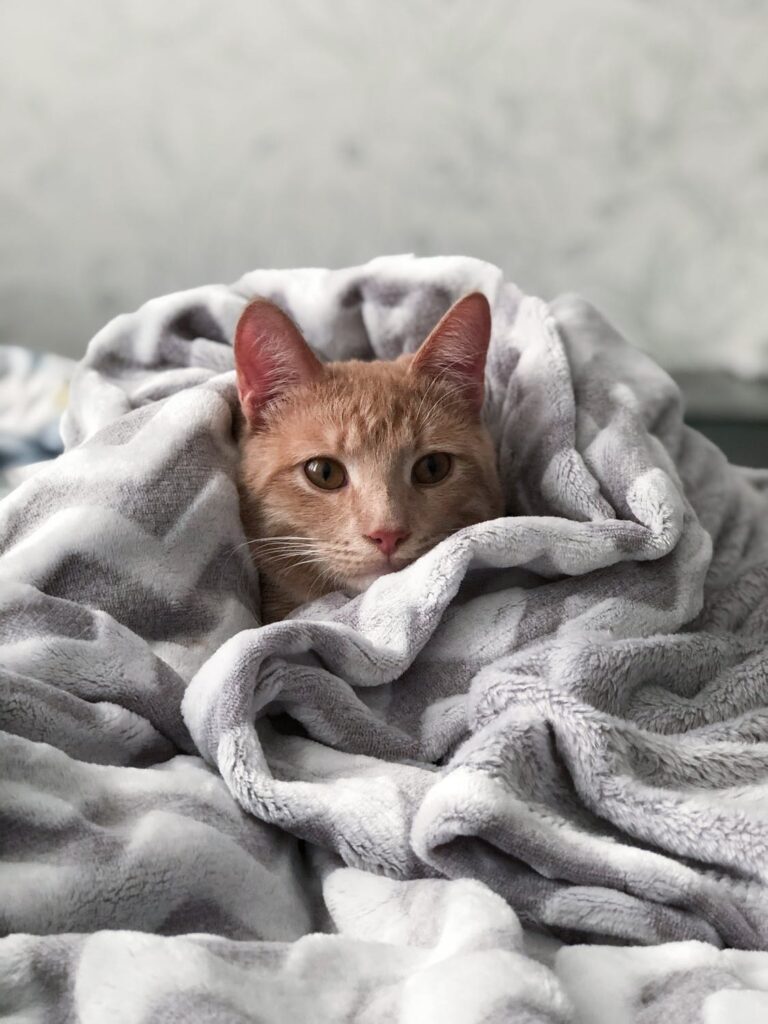
What does it mean to be safe?
It’s a question I think about a lot, especially as I learn, research, and put together material for On Her Own. Most of the self-defense world has a very narrow focus on the problems of strangers physically injuring or killing you. Those threats are scary, and it’s important to learn how to protect ourselves from them, but I think that there’s so much more that goes into being “safe.” After all, the dictionary definitions of “safe” talk about being free from harm and even from risk or danger. Physicality doesn’t always enter into those definitions. And one of the most common synonyms for “safe” is “secure,” which includes among its definitions being free from anxiety about yourself. Those are dictionary definitions, though. What does it mean to be safe?
Physical safety matters, of course. But it’s not just safety from strangers who want to violently injure you. Sometimes, it’s the people who we think we can allow within arm’s reach or closer who are the biggest threats to our bodies. Domestic violence hurts and kills people just as much, and sometimes more, whether it comes from a current or former intimate partner, a parent, a child, or some other relation. Would-be friends and acquaintances can be part of this danger as well. People intentionally trying to hurt us aren’t the only dangers, though. Nature can hurt or kill us just as badly, not to mention the literal machinery of everyday life from cars to power tools. We also must guard against the physical injuries we do to ourselves, being active or clumsy (or both! Hi! It me!), and the illnesses that can ravage us and make us unable to defend ourselves. Regardless of who or what causes any of them, they are violations of our bodies and things we want to be safe against.
Violations of our bodies are one thing, but violations of the space around us are also matters of physical safety. They can overlap, as when a home invader’s next step might be to try to rape or murder us. They can be entirely separate too, a theft of some small or large thing from where we live or work. Given the value of some of our possessions, both in money and in sentiment, it’s not surprising that we want the places we occupy to also be safe from violation. Besides, home is where we go to relax and let our guards down. If that’s the case, and someone can come in whenever they want, then how can our bodies be safe? And even if nobody comes in, but a fire burns us out or a natural disaster hits us, then we no longer have the benefit of shelter and all that four walls and a roof protect us from. Outside of where we live, we also need to think about the safety of the places we travel both for daily errands and more exotic vacations. So we include all that, too, when we think about what it takes for us to not be in danger.
Places and things are, to some extent, replaceable though. Maybe not precisely, but we can find newly safe homes and new possessions of almost whatever kind if only we can throw enough money at the problem. They won’t be exactly the same, especially items of sentimental value, but financial security means that we don’t have to worry about losing the things we need or even some of the things we want. With cash, we can even escape certain types of physical danger and buy our way into places with more physical security. It’s also necessary to purchase the most effective tools and the best training for your physical safety. So I think it’s important to include being financially secure as part of what it means to be safe: earning money, saving money, stretching money. All of it makes it more possible for us to keep ourselves free from all sorts of harm.
The kinds of harm we want and need to be safe from don’t just affect the biological thing that we use to haul our spirits and souls around. Emotional safety matters too. It’s easy to dismiss in the backlash against snowflakes, but consider this: isn’t wanting to feel safe from someone bursting out from a dark alley and pointing a gun at you a form of wanting emotional safety too? We may actually be safe from that threat, but unless we also feel safe from it, we aren’t as secure as we want to be. And haven’t your feelings been hurt, sometimes for hours, days, months, even years because of the awful things someone has said to you, perhaps over and over and over again? Certainly there are times when offense is taken too easily, and egos are too fragile, but that doesn’t take away from the very real harm that can be done to your psyche through maltreatment. If nothing else, that sort of internal injury can make you more vulnerable to the physical threats from within and without that are more inarguably a danger to one’s safety.
What does it mean to be safe? Every bit of this and more. And that’s why we can’t only talk in terms of guns and pepper spray and locking doors and turning on alarms. That’s why we talk about all of what makes our lives and souls more secure from all of the things that can prevent us from surviving and thriving, because we need all of it to be safe.




